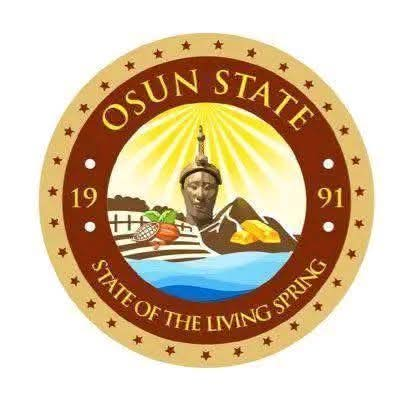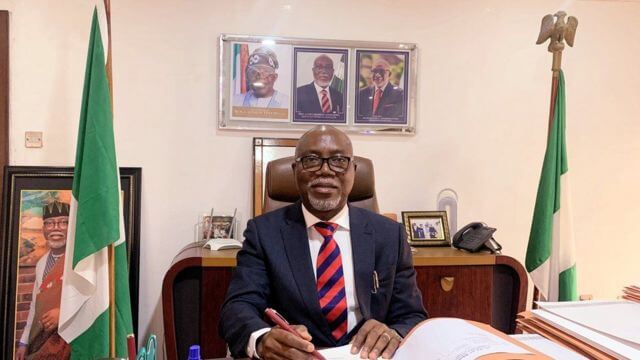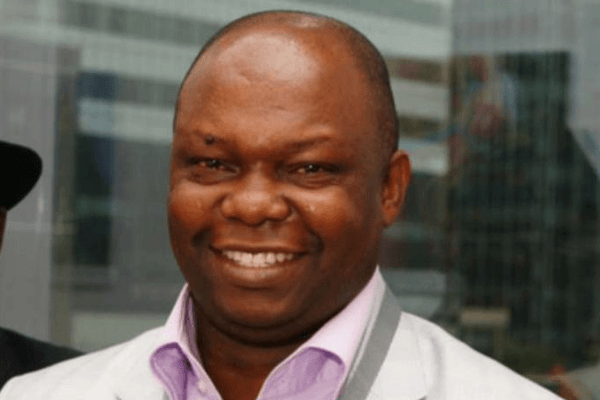Budget and budgeting processes remain tangible elements in the 22 years return to democratic rule in Nigeria.
The essence of yearly budget rituals and it aftermath is well dissected at the various levels of government in Nigeria.
Although state government’s budget is characterized with some elements of reservation that economists, financial and development experts find it as a challenge of inconsistency.
Interestingly, in Nasarawa state since the inception of Engr A.A Sule administration in 1999, he has demonstrated a new thinking and transparent ways on state budget management in Nigeria.
Critically, the state government commitment to its blueprint document Nasarawa State Economic Development Strategy (NEDS) speak expressly to what the 2022 budget holds in sectoral allocations importance for the overall development of the state.
A look at the total breakdown of the N110 billions show’s that the sum of N73,868,482,458.05 was approved for recurrent expenditure, while N40,418,965,066.01 was earmarked as capital expenditure.
Governor Abdullahi Sule signed the N110 billion 2022 budget into law with great expectation.
Even as the role of the State House of Assembly in ensuring a timely passage of budget point to the the roboost executive-legislative synergy and partnership in the state is commendable.
This points to the goals of state government towards achieving the collective responsibility to provide leadership and execute policies and programmes for the progress and development of the state.
One key factor this piece would draw out is ensuring full implementation of the budget beyond what was obtained in the 2021 budget.
Regrettably, it achieved less expectation though the challenge of funding played it down significantly.
What need to be done.
On the 2022 budget, we trust the AA Sule administration will not rely on the FAAC funding alone.
The state Internally Generated Revenue (IGR) as being a driving force why the state government is all out to woe investors to the state.
Meanwhile, the Internally Generated Revenue (IGR) drive is still an uppermost task that Ministries, Departments and Agencies (MDAs) in the state must equally devote top priorities to.
For us we see this as the core value and better way to understanding the mode the state government objectively fulfil it policies and programmes trust to indigenes and residents.
The state House of Assembly members oversight functions is the leeway in our estimation in getting the budget translated into tangible development indices.
The task of developing Nasarawa state is a collectives responsibility.
The role of maximizing the state budget to it full implementation is tied to financial fidelity.
Olamilekan,Political Economists and Development Researcher writes from Keffi, Nasarawa State.





